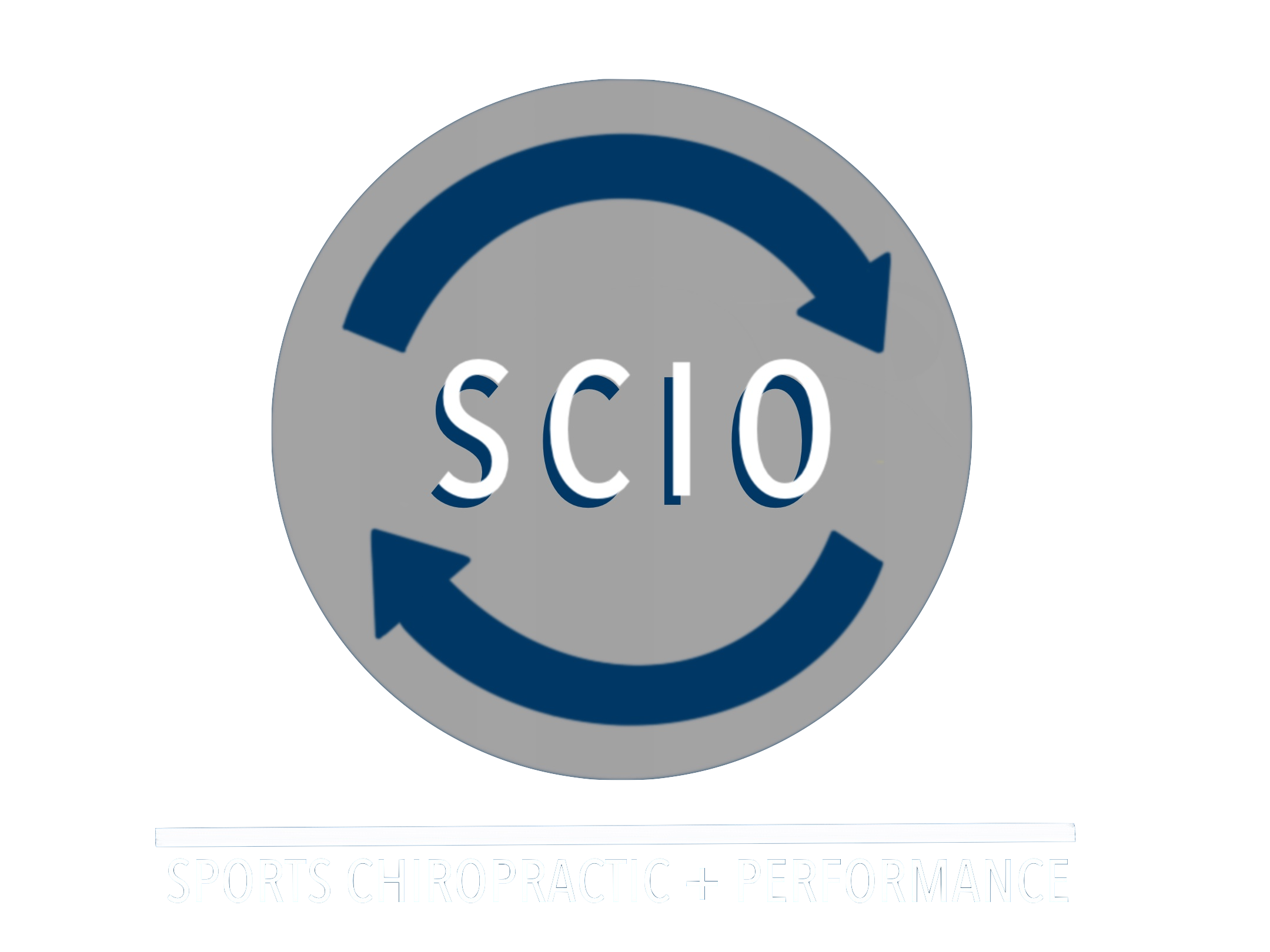COVID-19: We Are Open and We Are Here for You
I’d like to use this as a platform to describe how are office has changed with the COVID-19 mandates in place. As with all of our operating and treatment protocols, these changes are designed to be evidenced-informed and patient-centered.
This means that our new policies are intended to keep YOU and our staff as safe as possible, while still providing quality, individualized care.
Here is a list of new policies and steps we have taken as an office to ensure social distancing guidelines as dictated by the WHO and the CDC:
Patient visits will be spaced out to reduce patient-to-patient interactions while also giving the staff adequate time to properly clean contacted areas. See time changes in bold below:
Initial Examinations 90 minutes (60 minutes).
Follow-up Visits 60 minutes (20 minutes).
We are also asking that patients contact the office once they have arrived - we will respond when the waiting area is clear.
Forehead temperatures will be taken on each patient upon checking in.
Staff will wash hands upon opening and between each patient encounter.
Patients are asked to wash hands upon arrival and before leaving the office.
All tools, surfaces, doorhandles, etc., will be disinfected after each use.
Patients experiencing cough, fever, shortness of breath, or any other flu-like symptoms will have their appointments postponed until cleared by their medical doctors.
All staff will be wearing masks at all times.
These changes are small adaptations meant to keep our practice as safe as possible without impacting treatment protocols. Due to the extended visits, our availability will be less than usual and our office will seem slower than usual - so please plan accordingly.
I’ll end this short write-up with a quote from the World Federation of Chiropractic and Homeland Security.
“Chiropractors are primary-contact healthcare providers who provide essential care, including (but not limited to) managing acute and urgent musculoskeletal conditions.…These services are critical for managing cases that otherwise could end up in emergency rooms, worsening an already difficult situation.”
Find the full publication here.
